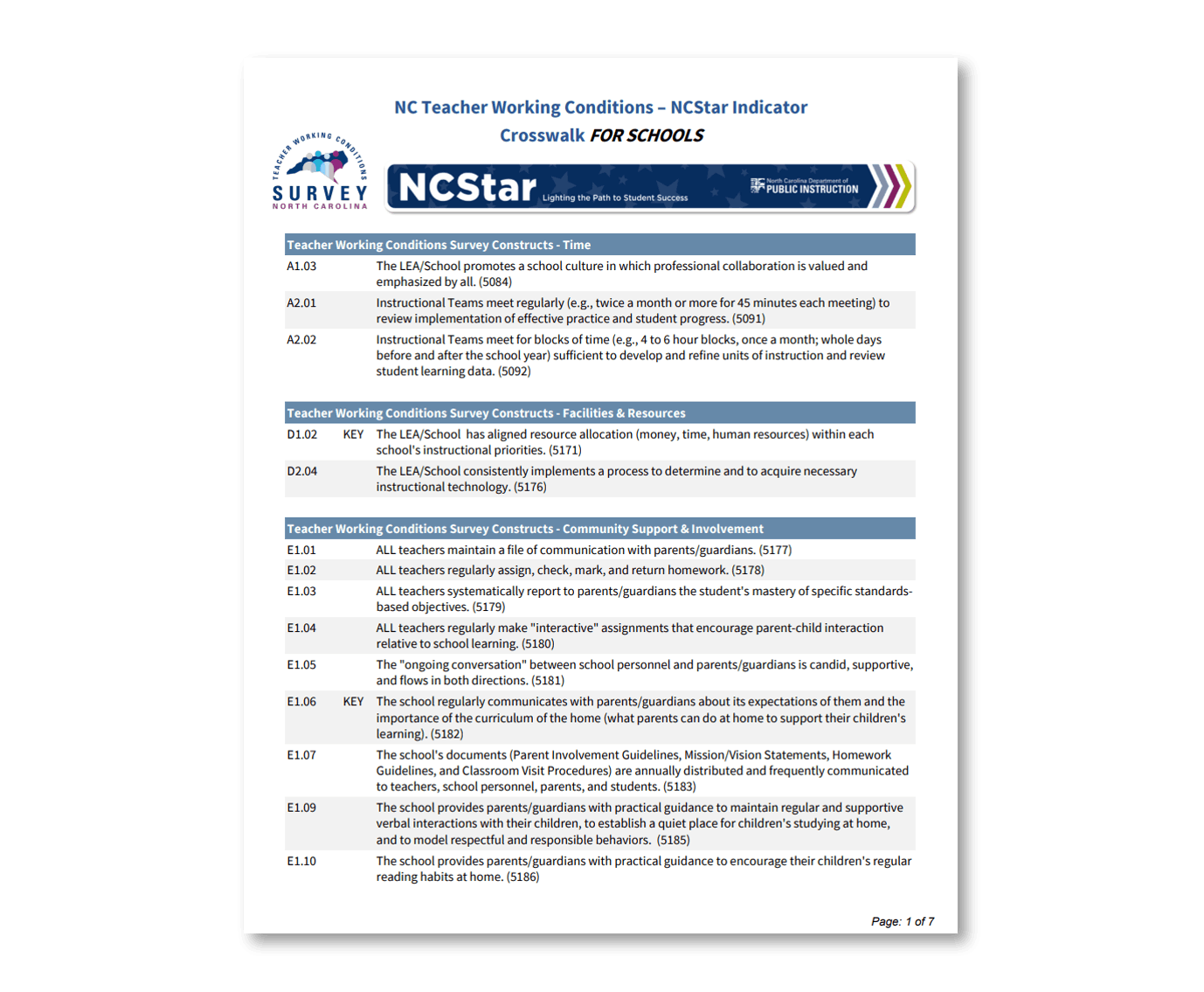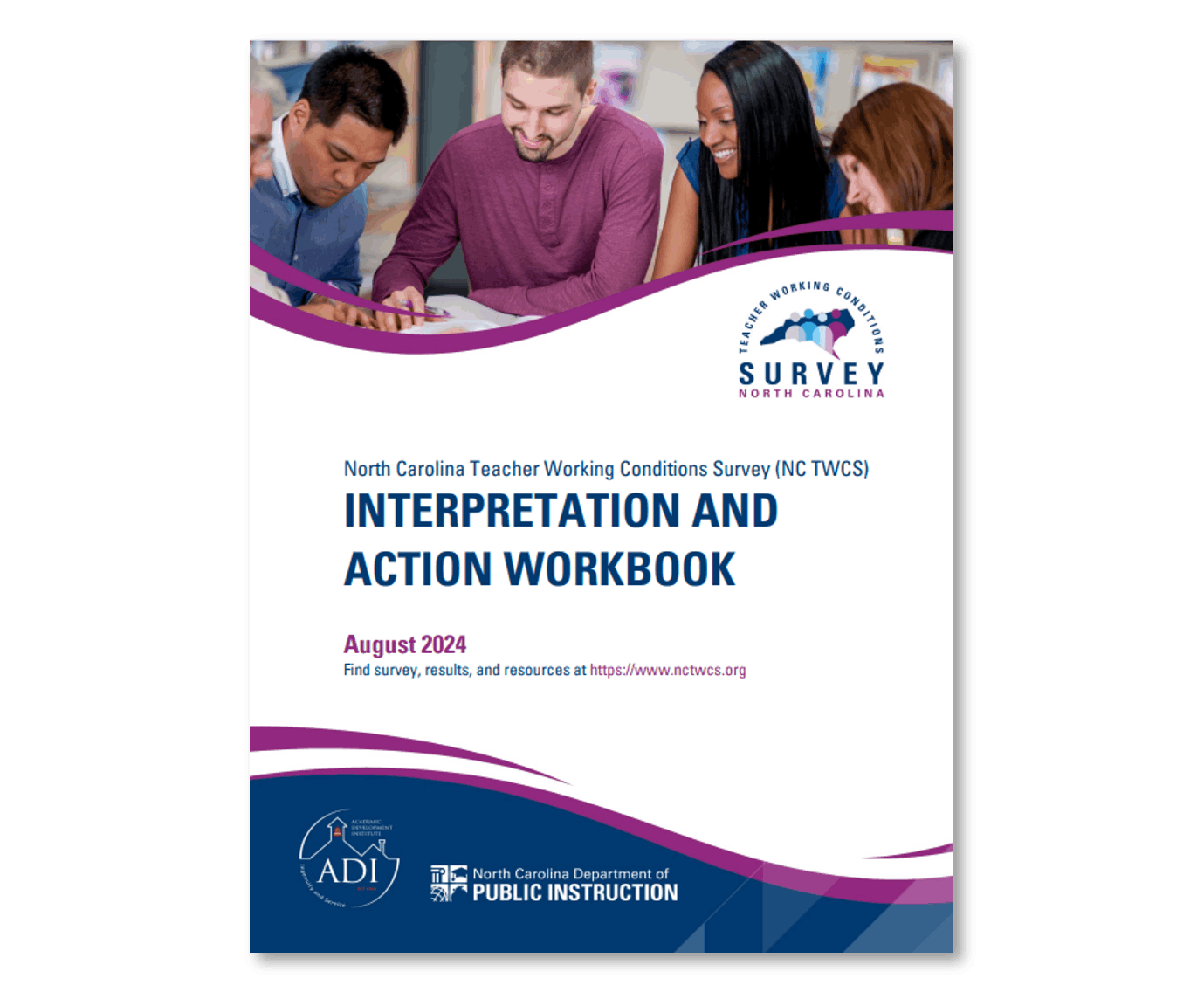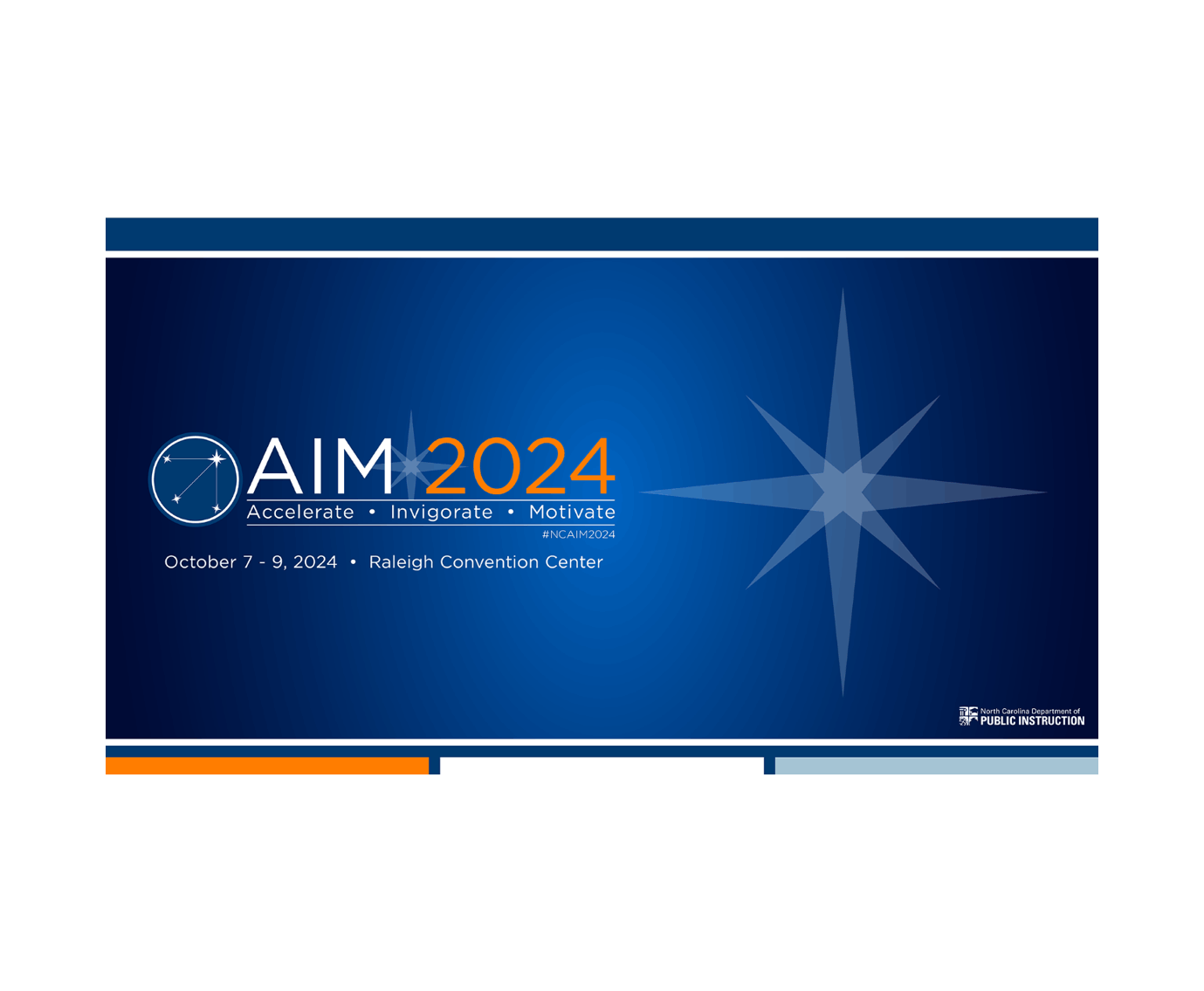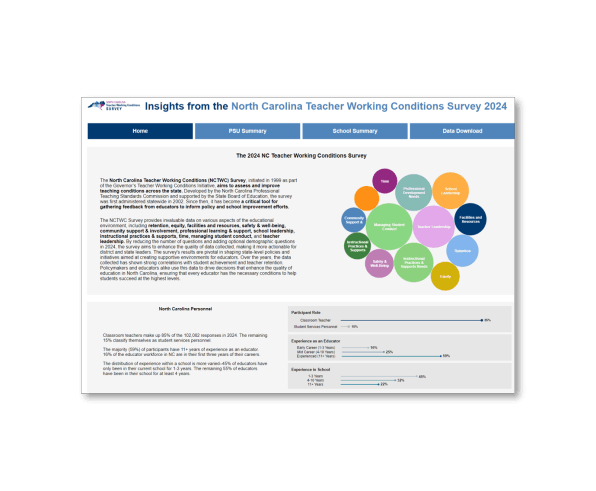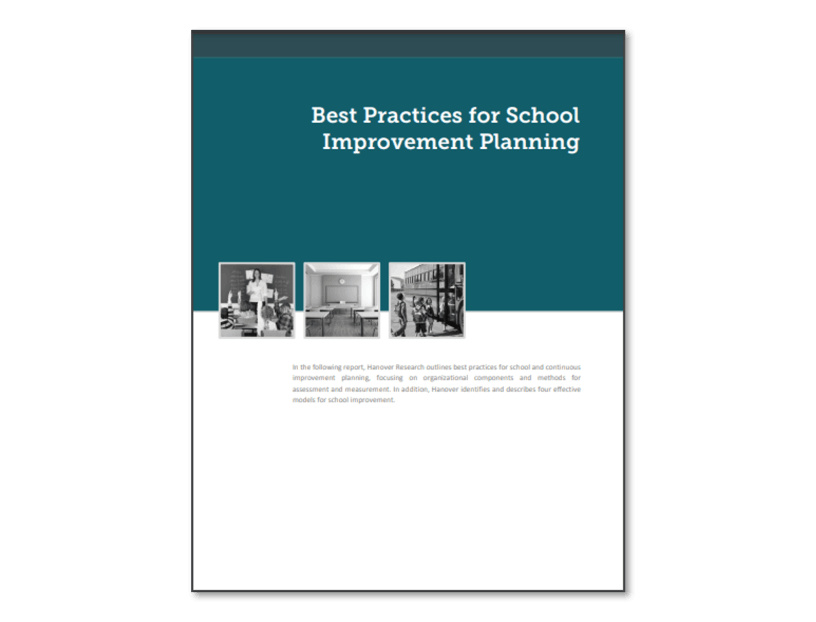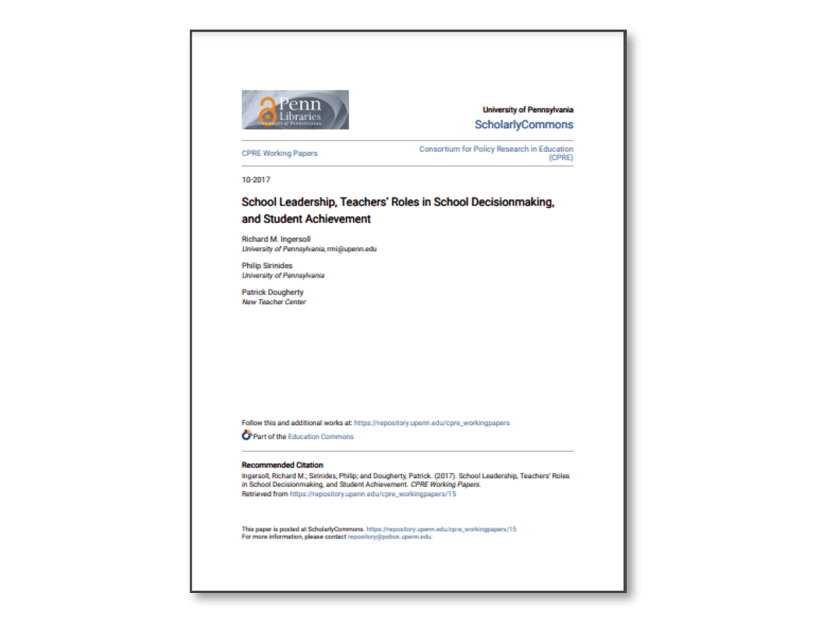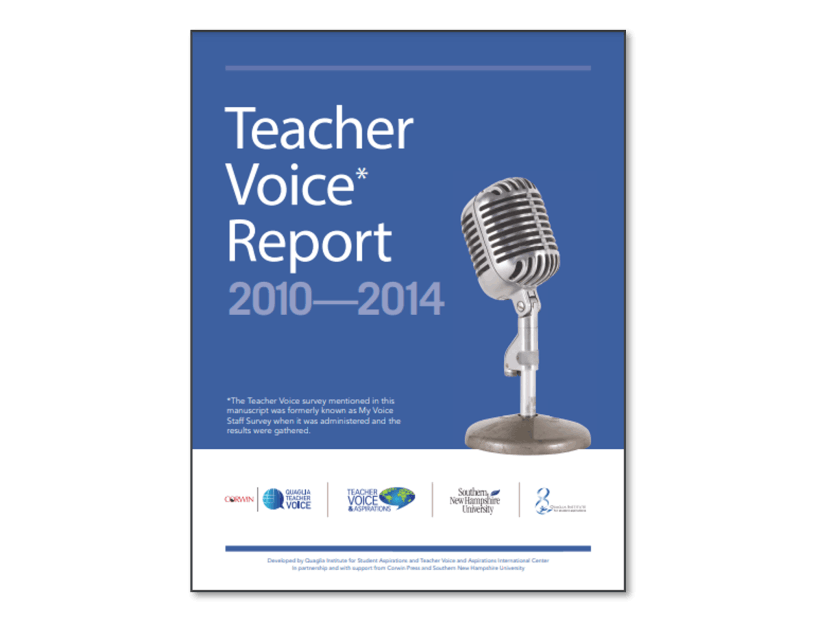Using the Survey Results
The NCTWC Survey results help administrators to better understand the working conditions in their schools and to implement concrete short-and long-term research based strategies for improvement. Research across the nation continues to document that improving teacher working conditions is strongly connected to improved student achievement. Additionally, research has shown that teacher voice is critical in making school and district improvement decisions.
February 15, 2024
ACADEMIC DEVELOPMENT INSTITUTE
June 2024
ACADEMIC DEVELOPMENT INSTITUTE
Jan 09, 2025
HANOVER RESEARCH
April 1, 2021
COBY V. MEYERS, BRYAN A. VANGRONIGEN
January 24, 2018
BEN SOLLY
October 1, 2017
INGERSOLL RESEARCH
